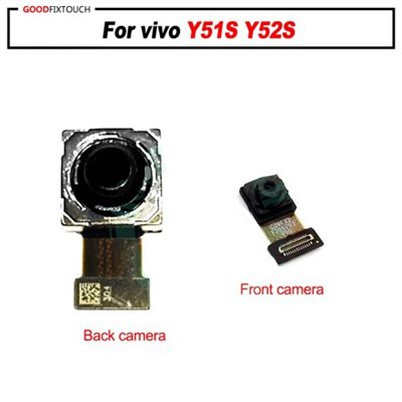A Simple Guide To Samsung Phone Versions: What You Need To Know
Leave a message
Samsung phones come in different versions depending on where you buy them. These versions vary in software features, pre-installed apps, network support, and warranty policies. Here's a breakdown to help you understand the differences and choose the right one for your needs!
1. Market-Specific Versions
1. China Mainland Version
Language: Simplified Chinese.
Pre-installed Apps: Local apps like WeChat and Alipay.
Warranty: Full nationwide warranty in China.
Network: Supports all Chinese 5G/4G bands.
Features: No Google services (like Gmail or Play Store), but includes local tools like call recording.
2. Global/International Version
Language: English by default (supports multiple languages).
Pre-installed Apps: Google apps (Gmail, Maps, Play Store) but no Chinese apps.
Warranty: Limited to the region where you buy it.
Network: Works with most global bands but may miss some Chinese 5G bands.
3. US Version
Language: English and some Spanish support.
Network: Supports ultra-fast 5G (mmWave) for US carriers. May need "unlocking" to use other SIM cards.
Downsides: Often tied to US carriers (like Verizon), with bloatware apps.
4. Hong Kong Version
Language: Traditional Chinese and English.
Pre-installed Apps: Google services + local apps (e.g., Octopus card for payments).
Network: Works with some Chinese bands but 5G may be limited.
Warranty: Covered in Hong Kong; repairs in China require proof of purchase.
5. Japan Version
Language: Japanese (some English support).
Features: Camera shutter sound can't be turned off (required by law).
Network: Needs a Japanese SIM card to activate. May not work fully outside Japan.
2. Hardware & Software Differences
Software Updates
Flagship phones (Galaxy S25, Z Fold6/Flip6): Get Samsung's One UI updates first.
Mid-range phones (Galaxy A56/A36): Updates arrive later but may come with the latest OS pre-installed.
AI Features
Flagship models: Full AI tools like photo editing, object removal, and "Dynamic Island" interactions.
Mid-range models: Limited AI features (basic photo fixes) due to weaker hardware.
Hardware Specs
Flagship phones: OLED screens (120Hz refresh rate), top-tier processors (Exynos/Snapdragon), and premium build quality.
Mid-range phones: LCD screens, slower processors, and simpler designs. Some have IP67 water resistance.
3. Which Samsung Phone Should You Buy?
Need local support? Choose the China Mainland Version for warranty and Chinese apps.
Want Google services? Go for Global/Hong Kong Versions (check network compatibility first).
Love cutting-edge tech? Pick the Galaxy S25 or Z Fold6/Flip6 with the latest One UI 8.0.
On a budget? Mid-range Galaxy A56/A36 offer good value with basic AI features.
Final Tips
Always check if the phone supports your country's 5G/4G bands.
Carrier-locked phones (like US versions) may need unlocking.
Samsung's website has detailed specs and update schedules for each model.
Whether you're a tech enthusiast or a casual user, there's a Samsung phone for everyone. Happy shopping!







